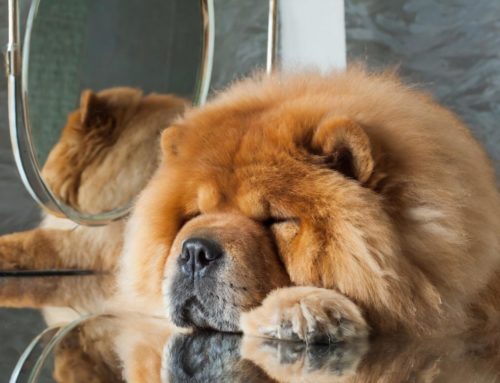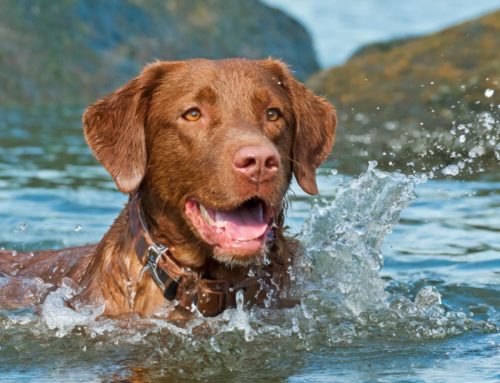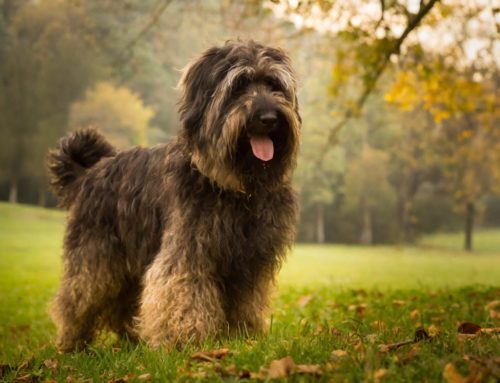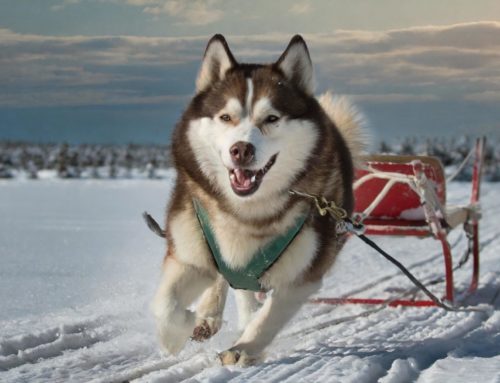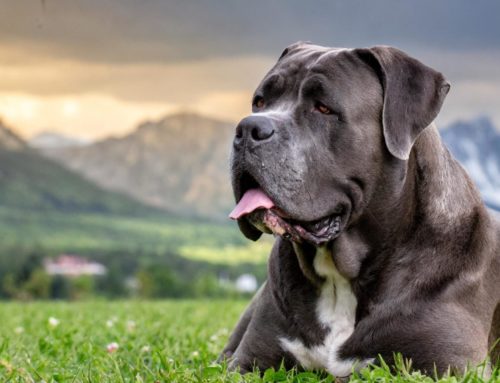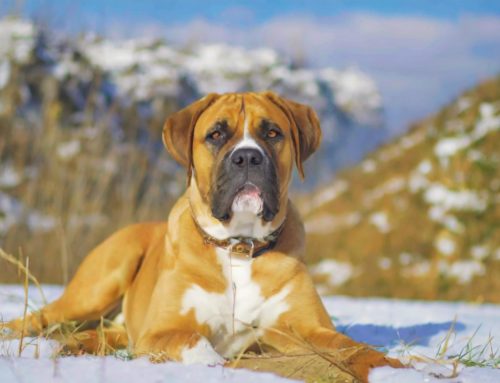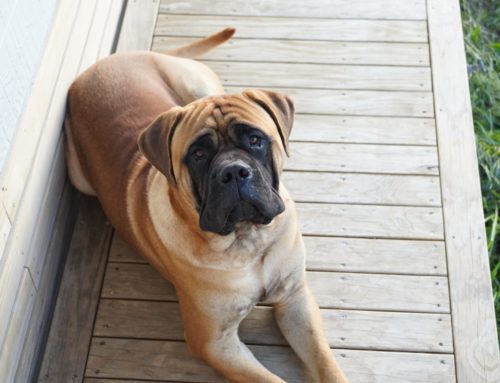During the holidays, a Christmas tree in the home is a focal point of joy and coziness. However, for pets such as dogs and cats, this festive addition can pose risks. Christmas tree needles, if ingested, can cause irritation of the oral mucosa, vomiting, and in worse cases, even diarrhea.
In addition, decorations such as baubles and angel hair, if chewed or swallowed, can cause damage to the esophagus or intestinal wall, leading to poisoning in the worst cases. Therefore, it is important to take precautions so that your dog can safely enjoy the Christmas season without coming into contact with potentially toxic or sharp objects around the Christmas tree.
Is a Christmas tree toxic to pets?
Yes, a Christmas tree can be toxic to dogs and cats. Pine needles can cause irritation or mucosal inflammation and, if swallowed, can cause vomiting, diarrhea, or even constipation. The water the Christmas tree is in may also contain toxins that are harmful to your pet. So it is important to monitor and avoid pets coming into contact with the Christmas tree and water.
Pine needles are toxic to dogs
Pine needles can be highly toxic to dogs and cats, causing vomiting, diarrhea or even mucosal inflammation. Fortunately, there are safe alternatives to a real Christmas tree that are not dangerous to pets. Consider an artificial Christmas tree or decorations that are high enough, out of reach of your dog or cat. These options avoid the risk of poisoning and provide a safe environment during the holidays.
Can a dog be allergic to a Christmas tree?
Yes, dogs can be allergic to Christmas trees. Allergic reactions can be caused by the pine needles, juices or even the water in the container of the Christmas tree, which can cause irritation or mucosal inflammation in the mouth and throat. Symptoms can range from mild irritation to more severe reactions such as vomiting and diarrhea. It is important to keep an eye on your dog and consult a veterinarian at any signs of an allergic reaction.
Tips for a dog-friendly Christmas
To ensure a dog-friendly Christmas, it is crucial to take some precautions.
- Carefully Choose the Christmas Tree and Placement: The Christmas tree attracts dogs with its smell and appearance. Place it where your dog cannot easily reach it. Consider placing a smaller tree on a raised surface to avoid direct contact. Pine needles are poisonous and sharp, risky to dogs. An artificial tree eliminates this danger.
- Be careful with Decorations: Make sure Christmas decorations are dog-friendly. Avoid breakable and edible decorations low on the tree. Chocolate is particularly dangerous.
- Resist Giving Christmas Dinner: Human food can be unhealthy for dogs. Choose dog snacks instead.
- Be Careful with Candles: Place candles out of reach of your dog and never leave them unattended.
- Beware of Poisonous Plants and Fragrances: Many Christmas plants are toxic to dogs. Also avoid using scented candles and essential oils near your dog.
- First Christmas with Puppy: Provide a quiet environment for your puppy during the holidays to avoid overstimulation.
- Avoid Edible and Fragile Gifts under the Tree: Dogs can easily find these and hurt themselves.
- Beware of Snow: Keep your dog on a leash and avoid eating snow, which can cause health problems.
Conclusion
The pine needles of the Christmas tree are toxic to dogs and cats, but the water in which the tree stands can also be toxic to pets. This is because it contains substances that tree excretes that can cause diarrhea. Make sure your pets do not come into contact with pine needles.
Also, make sure a dog’s swishing tail cannot throw Christmas balls or other decorations out of the tree. So while setting up the tree, keep in mind to hang decorations a little higher up the tree.
